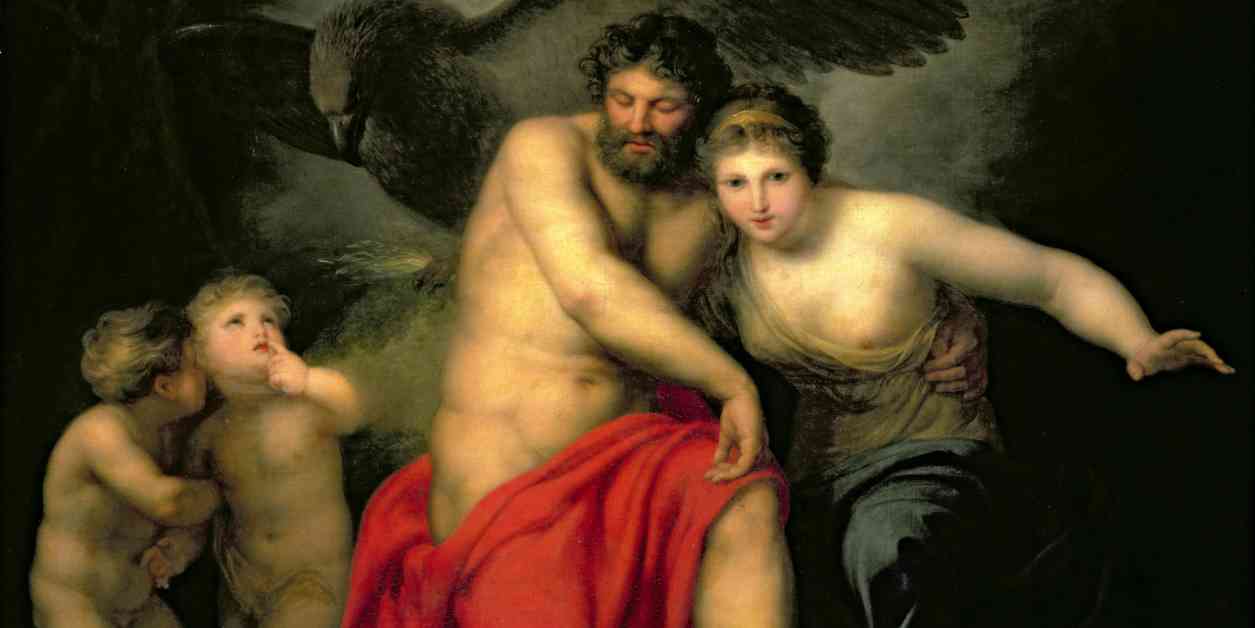The Triumph of the Gods: An Analysis of the Epic of the Iliad
The ancient Greeks held a deep passion for the epic poem known as the Iliad, perhaps even more so than for the Odyssey, also attributed to the legendary poet Homer. While the trials and tribulations of Odysseus were undeniably captivating, it was the siege of Troy with its bloody and brutal battles that truly mesmerized the crowds. People would flock to the grand religious festivals in cities like Athens, Delos, or the sacred Cape Mycale dedicated to Poseidon, eager to witness poetry contests where excerpts from the Iliad would be recited. The epic was also enjoyed in the more intimate setting of powerful rulers’ palaces, where these recitations would enchant the evenings.
The adventures of the Greek heroes Achilles and Agamemnon, the struggles of the Trojan figures Paris and Hector, the longing of Helen, and the grief of Andromache all provided the audience with a rich tapestry of emotions and experiences. The Iliad was not just a story of war and conflict; it delved into the complexities of human nature, the consequences of pride and honor, and the eternal struggle between destiny and free will.
The Influence of the Gods
One of the central themes of the Iliad is the role of the gods in shaping the destiny of mortals. The Greek pantheon, with its array of deities each possessing unique powers and personalities, played a significant part in the unfolding of the Trojan War. From the wrath of Achilles to the schemes of Zeus, the gods’ interference in the affairs of men often led to tragic consequences.
The gods, however, were not just distant and all-powerful beings; they were also reflections of human emotions and desires. The jealousy of Hera, the cunning of Athena, the passion of Aphrodite – these divine qualities mirrored the flaws and virtues of the mortals they influenced. The Iliad, therefore, serves as a commentary on the complexities of human nature and the blurred lines between the divine and the mortal realms.
The Hero’s Journey
At the heart of the Iliad is the concept of heroism, embodied by characters like Achilles and Hector. These warriors exemplify courage, strength, and honor, yet they are also deeply flawed individuals struggling with their own inner demons. Achilles, for example, grapples with his pride and anger, while Hector must confront the inevitability of his fate on the battlefield.
The hero’s journey in the Iliad is not just a physical one of battle and conquest; it is also a psychological and emotional one of self-discovery and growth. Through their trials and tribulations, the heroes of the Iliad learn valuable lessons about sacrifice, loyalty, and the true nature of glory. Their stories resonate with audiences because they embody the universal themes of triumph and tragedy that define the human experience.
The Legacy of the Iliad
The impact of the Iliad on Western literature and culture cannot be overstated. Its themes of honor, duty, love, and fate have inspired countless works of art, music, and literature throughout the centuries. From Shakespeare to James Joyce, from Wagner to Brad Pitt, the echoes of Homer’s epic can be found in a myriad of forms and interpretations.
The enduring appeal of the Iliad lies in its timeless relevance to the human condition. Despite being set in a distant past of gods and heroes, the struggles and triumphs of its characters continue to resonate with audiences today. Whether it is the price of war, the power of love, or the quest for glory, the Iliad remains a powerful reminder of the eternal themes that unite us all.
In conclusion, the Iliad stands not only as a literary masterpiece but also as a timeless reflection of the triumphs and tribulations of the human spirit. Its exploration of the divine and the mortal, the heroic and the flawed, continues to captivate readers and scholars alike, ensuring its place as one of the greatest epics in the history of literature.

